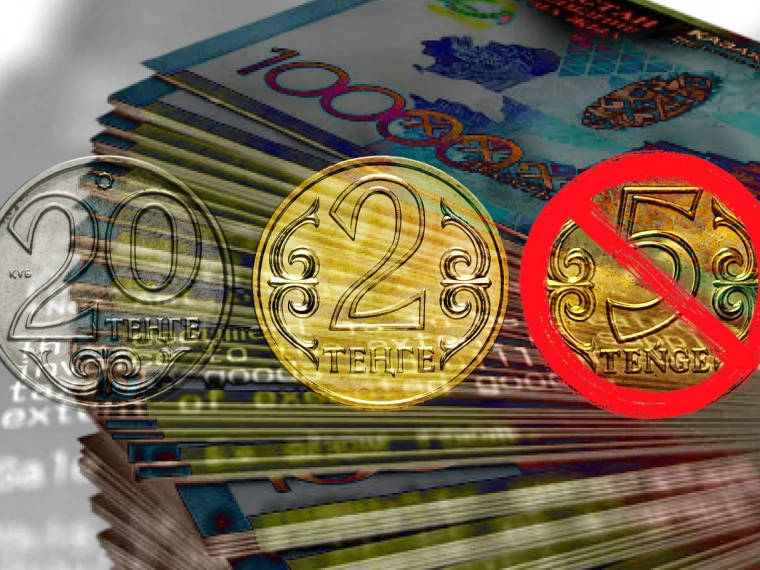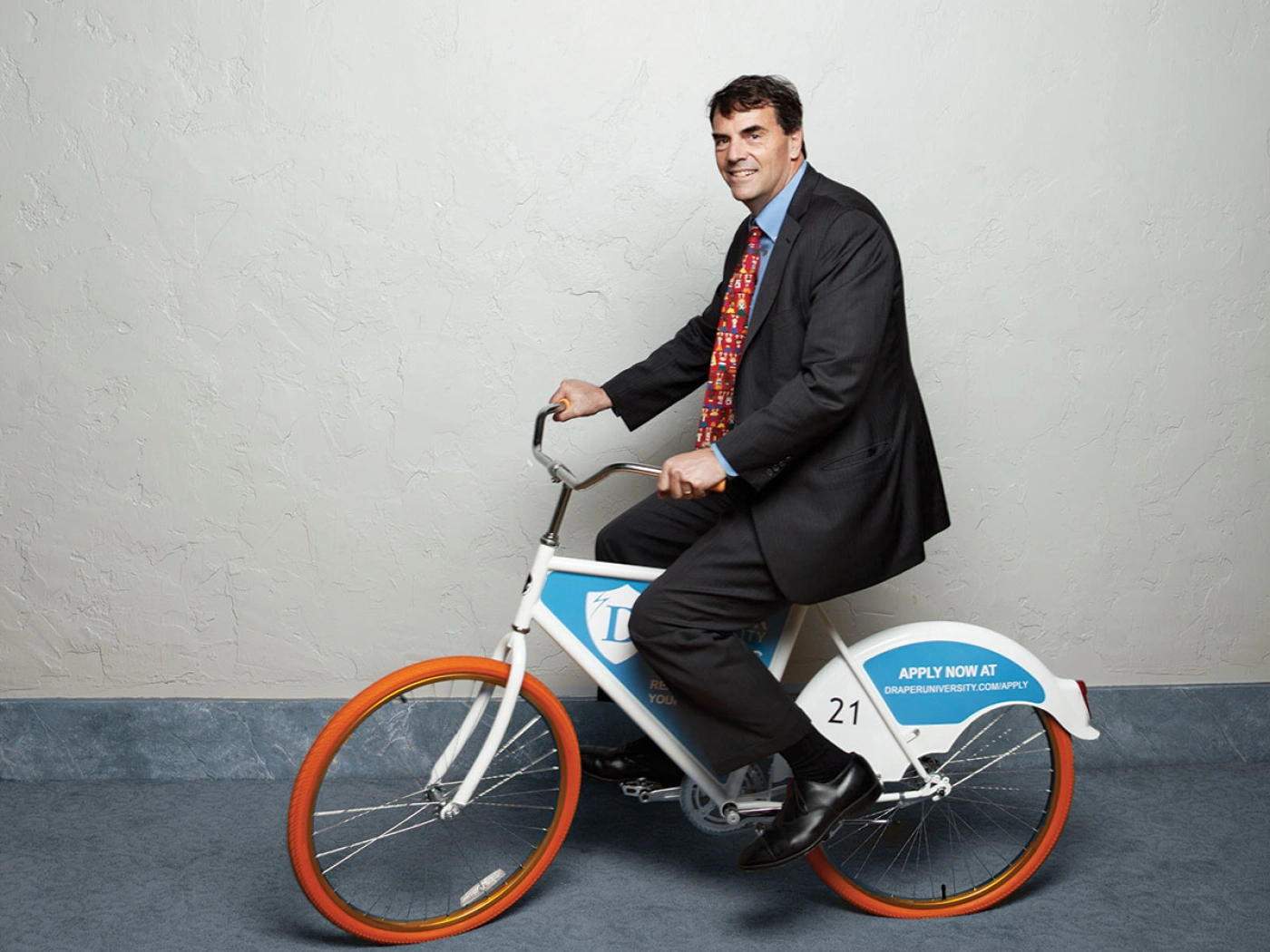
Venture capitalist Tim Draper about bitcoin, startups of Kazakhstan and future of Astana Hub technopark
Tim Draper is the third generation venture capitalist and co-founder of Draper Fisher Jurvetson (DFJ) company, which is a worldwide leader of venture investments in technological companies on the early stages of their development.
During the time of their existence, DFJ invested in about 500 companies, including Hotmail Hotmail, Baidu, Skype, Overture, Feedburner and SpaceX. The total assets of DFJ exceed 6 billion dollars.
He told the editor-in-chief of Techpreneurs Marat Shaken about where innovations are needed, how to make Astana Hub a home for startups, how to find investors and which ideas are really on demand now.
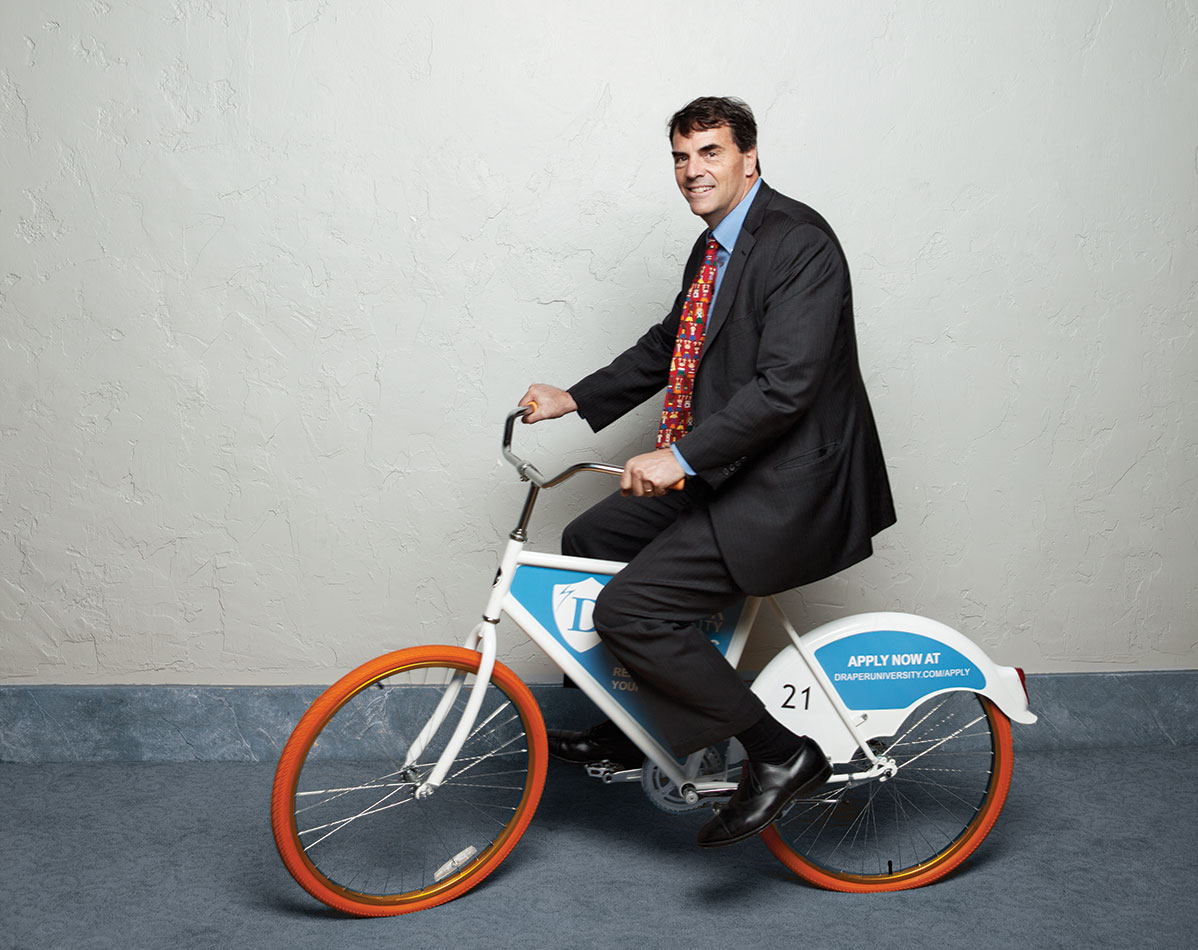
Фото: Bitcoin News
Marat: Let me start from general and traditional question for you. I already see your previous interviews when you are said about industries that most needed the innovations. This is areas that have high margins, high costs, low quality and low service. You talk about finance, real estate, insurance, government etc. But things changes very fast, maybe you want to add some new areas. What do you think which areas most needed innovations right now in October 2017?
Tim: So, I think we are going through real change from fiat currency to crypto currency and people don’t really recognize it yet, but it starting to happen and it’s nice slow gradual thing. But it is also major technological wave. There many many things all going to happen as this wave comes on to the beach. I spent a lot of my time to thinking about that. About what can happen with this whole new crypto wave and how it can change things. A lot of what I come up though comes from all great entrepreneurs I meet. They all come up with really interesting new ideas and then it starts me to think what can potentially think will be next.
Marat: You say about the finance. I already seen the old interview about Bitcoin and Blockchain. One of journalists ask you moral question. You investing in Bitcoin, you evangelize blockchain. Don’t you think about illegal things that some people can do through it: like buy or sell drugs, weapons etc. You answered that this is work of FBI, they need to stop this crime etc.
Tim: Also you talked about illegal things, what interesting is Bitcoin is much easier for a forensic detective to catch somebody with than cash. Cash is like gone, no way to find it. As soon as somebody takes Bitcoin and then they start to move the block, there is a pretty easy to catch them. So actually it is safer way for us to all operate with, then people using cash or bank transfers. So I think that both of those things lead me to believe that yes we’re in a this is a much better situation.
Marat: In Russia at Tinkoff bank they have mobile application that gives you opportunity to buy or sell shares of listed companies like Facebook, Google etc. Question is: don’t you think this is risky for newcomers, because they do not have special financial education for do this things. Because they can loose all their money in this technological way.
Tim: It is interesting. I think education over regulation. Regulation will put a damper on technological advancement and I believe that we’re going to have amazing progress because of all of these crypto currencies and the blockchain. But I think people need to be educated and they need to be responsible for their actions. It is like allow them to make the own mistakes. Allow them to making investment and see how it goes. Or buy a coin and see how it goes. I am believer that people should try things and learn from them and get better. Because of it.
Marat: You talk about failures. I know that in Draper University you have a mantra like: fail, fail and fail again until you succeed. Most of people like to say about grow ups and success, but small group of people can say about failures. Question is: What was the your biggest failure?
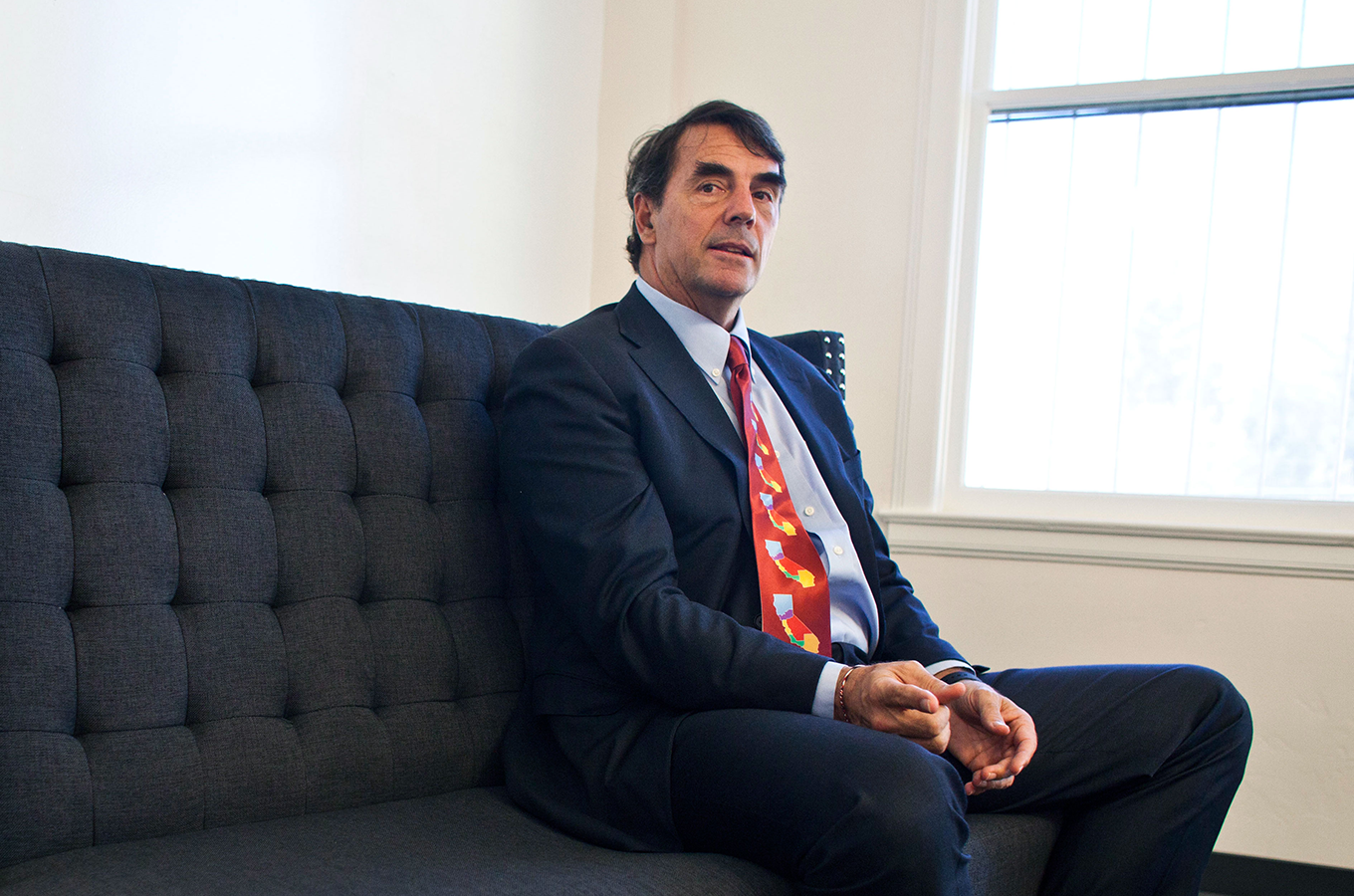
Фото: Bitcoin News
Tim: You know what. My biggest failure were failures to act. There were not failures by trying something and failing, I never even worry about that. That happens to me all the time. Every day I try something new and I fail at it. But failures to act and those include missing out on Google, Netflix, Facebook, Yahoo. All failures from my side to act. Although Facebook we got outbid and some other things happen but I rarely feel like I’ve tried something and I failed at it and that was a problem. It was always my big regrets are the things I didn’t do, I wasn’t able to do. And I think that’s true of everyone. And if you try something, you know if I kick this thing over and it spills on the ground I’ll know okay, I messed up. Now how do I solve that and how do I not do it the next time.
And so I feel like if I am training an entrepreneur and I am saying as an entrepreneur, you’re gonna go through a lot of difficult times. But my biggest failures were failures to act. So I am encouraging you to go ahead and try and try again, until you succeed. And I think that and putting fail in their heads, then they fail and they don’t feel so bad about it.
You know our schooling is wrong in this way. Our schooling says you get an A if you didn’t make any mistakes, like a good job, no mistakes. I think that is wrong. Because I think that A or the highest score should be for the people who tried something really interesting and unusual. Whether they fail or succeed. Maybe it’s an A+ if they succeed, and an A- if they fail. But if you just can do the job, that’s a B, that not great score. It doesn’t make me feel great about it.
And all the great inventions were done by mistake. Or people trying something else and they failed. One guy flying a kite and it starts to rain and he gets electricity, and it figures it out. One woman I guess feeding people moldy bread in the hospital, and they were all dying of infection, and they got better, and that was the beginning of penicillin. So, I am always looking for those failures that actually end up being really interesting big markets.
Marat: Let me shift to our country, to Kazakhstan. Maybe before you go here you do some research of our startup ecosystem. What was your expectations from Kazakhstani startups and after two days of pitching’s meetings with governmental structures, how this expectations meet the reality?
Tim: It was interesting. Because I read the Wikipedia about Kazakhstan, and it said it’s a in effect a dictatorship and it’s all these things and then I come and everyone loves the president. They think he is done outstanding job, he’s built very trusting world, a lot of good businesses has going on.
The other thing I wasn’t sure that to expect from the entrepreneurs, I was thinking it could be anything from somebody who mows lawns, to somebody cooks bread. But no, I saw some really interesting technologies, there were some interesting robotics technologies, some interesting Bitcoin technologies, interesting ways for people to act and operate.
And I was expecting many the businesses to just be Kazakshtan centric. Somewhere. But a lot of them are globally thinking. I did think the many of them would really benefit from coming to Draper University because they really good ideas and maybe a good product market fit, but their business modeling skills were not there. I didn’t see them thinking through how this goes to make money and how it was gonna become sustainable, and how it was going compete with all the other people out there. I saw good engineers figuring out interesting products, so I suspect we’ll end up with a lot of applications to Draper University from Kazakhstan. And I think they will do very well there.
Borat there was a very funny movie, but I knew it wasn’t it. I didn’t have anything to do with Kazakhstan. So those were my three point of view. And the other thing is that I had met your Deputy Prime Minister and your Prime Minister and I really like both of them. They came to visit me at Draper University Hero City, we talked about the Draper Ecosystem, talked about Draper Associates in the venture business, talked about what we do in the Silicon Valley, and they said we want that here. And this was really the first opportunity I had, where my schedule wasn’t too booked, where an opportunity to come and I think it has been eye-opening opening, and I’ve learned quiet a bit.
I’ve learned that this country is right for this new freedom, this new entrepreneurship wave. It is ready, the political structure is ready, they build amazing infrastructure here. None of these things would have been known to a typical American. So I always have to travel, because I never quite believe that they say in the press, I never quite believe what I see in the movies, and I don’t quite believe that they say in Wikipedia. So here I am. And I got the real or a pretty good view of it.
Marat: You already mentioned about the infrastructure. Yesterday you heard about Astana Hub and today you saw the buildings and offices. Question is Which things need to do from governmental side, to growing up startup ecosystem, startup infrastructure in Kazakhstan. Maybe some advices you want to give us.
Tim: Well first thing I think is if you gonna have a startup hub you don’t want a big guard with a big gate. You got to get rid of that. And then you need a connect with a nice walking path, you need to connect the startup hub to the University and to the shopping mall there. You feel like this is the whole really interesting innovative city. And then I think it needs people. And I think the way you to get the people is you create a feeling of happiness in a place. We’ve done that in the Hero City. We thought how we do create filling of happiness. And we did some just a few things just to make it feel like a happy place. Where anything is possible. And I think you need that.
It is a gorgeous structure, it is a beautiful setting and the startup hub has some amazing space. And so there now you just need to kind of give it a home feeling. And so the people feel like «Oh I can go there». Startups it is a very longly thing to run a startup. And startups will really benefit from having a other startups around. There’s a nice psychological advantage to having it. To not feeling like you always alone. When you starting a business you do feel alone. If You get a community of other people who are doing it you feel much better. I gave some great advices to your Deputy Prime Minister and to your Prime Minister. And I think they gonna do it. And I think this might end up being the hub to they all hope that to be. And you will have to stay tuned to see if they actually implement my ideas. There is a very funny ideas. So stay tuned.
Kazakh means free and so by promoting Kazakh you promoting freedom. So I like that, and it’s way of thinking for the next 40 years.
Marat: Also we have some people who thinking that Kazakhstan cannot grow up the startup ecosystem without helping from neighbors like China, Russia or Belarus. Some people thinking that we need their help. Something from their side. What do you think can Kazakhstan do it by own self or we need to cooperate?
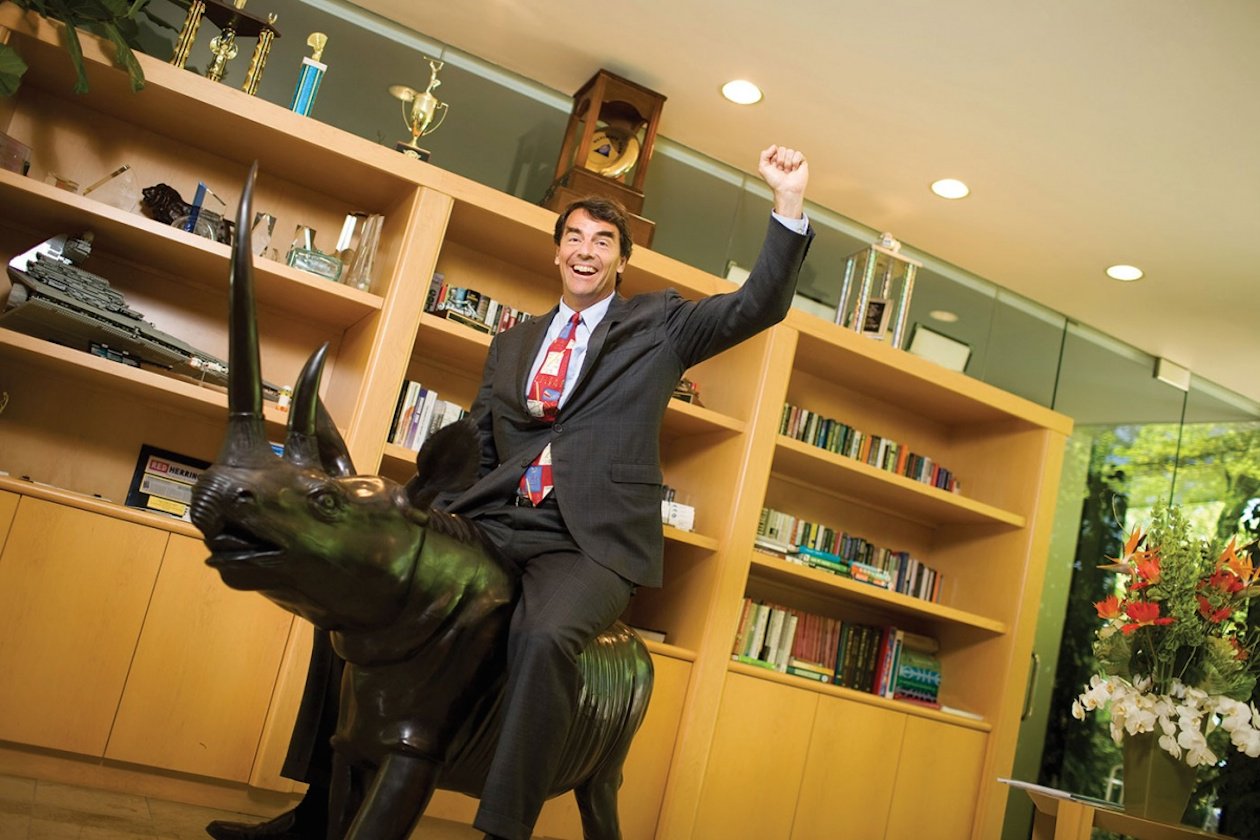
Фото: CoinDesk
Tim: Well, I think every startup needs to connect with people all around the world, so that they understand what the rest of the world is looking for. And so Yes, I think they should connect with China, with Russia and the Silicon Valley. And we have a network of venture capital funds, Draper venture Network and they’re all over the world. They interconnect and we have ways of communicating when somebody needs somebody in London, or somebody needs to meet the Prime Minister of Kazakhstan, somebody needs to meet the president of Google. We have ways of reaching all of them, so having that kind of thing is really good for entrepreneurs because they come up, we might fund them and they will part of our network. And then we can say Oh yeah you should talk to this person because they ran a company like that 10 years ago. And I think they’re gonna have some good things to say to you.
So, I would Yes. I would be very open, I would not try to be isolationist. I don’t like isolationism anywhere because I actually think that we are moving from a world international to a world that is global. International world has many nations, that all kind of saying this is my territory, this is your territory. I think those nations are gonna have to compete for us, and they gonna all be interconnected. And the people are gonna be able to choose the nation that works for that. And I think any kind of isolationism is a bad idea. And any any kind of connection is a good idea.
Marat: We have on a final part of our interview, and I want to ask the question that interested me. About your book.
Tim: Yeah. It is coming out, good for you. And I just put it out on Medium. So we’re gonna have a few a chapter at a time is going to come out on medium. And then we’re gonna launch the book.
My book is about the startup hero. And it is kind of fun thing, it kind of a textbook on what it is you need to do if you gonna be a startup hero. It gives you some thoughts about the pitfalls and the opportunities. And even if you don’t have an idea, if you go through my book, you will have 50 ideas for what kind of business to start. And it is mostly for people who have that little spark in their eye, where they want to really do something with their life. And then it is also for people who just want to learn what I did, because there were there bunch of stories I have the hotmail story and a bitcoin story. I have some fun stories from. I think it will be fun read.
Marat: Final question. Your three main advices for startups that starting seeking investments. Three main advices in two-three words.
Tim: One is to make sure that you are showing people your entire vision. Not just like the little one. Because the little one won’t get funded. You have to be projecting out 15 years or 30 years. To where this business becomes in industry. So, or if maybe people are just thinking to small. So think big and when you pitch your business, pitch the long-term vision. That’s what a venture capitalist wants to hear.
Number two believe it yourself. Picture it. Believe it. Own it. Because if you do then people will follow you. Elon Mask said «We’re going to Mars». And 95% of the population says he’s crazy. But he gets the best engineers in the world to come join him, because they’re saying «Huh, how would we get to Mars?» So believe it. He’s a believer, and if you believer you can take people with you.
Third thing is which is what you alluded to before look for industries that are bad service, high cost and see if you can take an interesting new technology like the blockchain, 3D printing or Bitcoin or VR whatever, and apply it to that new industry. And see if you can get a wedge into that new industry before the competitors come after you.


